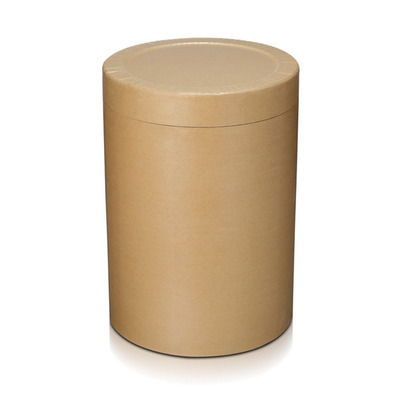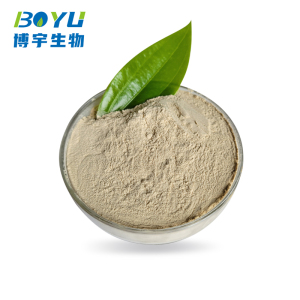Amino acid compound powder is a kind of compound amino acid powder, widely used in the raw material of organic fertilizer. It is made of natural protein hair, wool, goose feather raw materials, hydrochloric acid hydrolysis, desalination, spray, drying.
The necessity of supplementing amino acid fertilizers for crops:
1.Amino acid plays a major role in crops. It can be used as an organic nitrogen source (especially under adversity conditions, the affinity of crops for organic nitrogen is even higher than inorganic nitrogen), but also can promote plant growth and development, enhance stress resistance, and improve Crop yield.
2. The amino acids ingested by crops mainly come from the soil, and the degradation of animal and plant residue proteins is the most important source of amino acids. The conversion of amino acids in the soil is fast, which is destined to have the characteristics of large volatility and low content. The naturally existing amino acids in the soil cannot meet the needs of plants.
3. Microorganisms in the soil are also big absorbers of amino acids and are in a competitive relationship with plants, and the competitiveness of plants for amino acids is obviously weaker than microorganisms.
4. Crops have been under artificially created cultivation conditions for a long time, and their resistance to adversity is poor, and amino acids can improve the resistance of crops.
In summary, it is very necessary to increase the application of amino acid fertilizers from external sources to make the amino acids give full play to the physiological regulation of plants and increase the yield.
The use of amino acid fertilizers
Can be drip irrigation, flushing, foliar spraying; suitable for top dressing, not for base fertilizer;
When used, according to the actual situation, it is used to resist the adverse environment and enhance the resistance of crops. Small molecule peptides are the first choice; only to improve the fertilizer efficiency, ordinary amino acid fertilizers can be used.
After being exposed, it is easy to be decomposed by microorganisms for a long time, so use it as soon as possible.
The physiological functions of various amino acids on crops :
Alanine:It increases the synthesis of chlorophyll, regulates the opening of stomata, and has a defensive effect on germs.
Arginine:enhances root development, is the precursor of plant endogenous hormone polyamine synthesis, and improves crop resistance to salt stress.
Aspartic acid:Improve seed germination, protein synthesis, and provide nitrogen for growth during stressful periods.
Cysteine:Contains sulfur that is an amino acid that maintains cell function and acts as an antioxidant.
Glutamic acid:Reduce nitrate content in crops; increase seed germination, promote leaf photosynthesis, and increase chlorophyll biosynthesis.
Glycine:It has a unique effect on the photosynthesis of crops, is beneficial to crop growth, increases the sugar content of crops, and is a natural metal chelator.
Histidine:It regulates the opening of stomata and provides the precursor of carbon skeleton hormone, the catalytic enzyme for cytokinin synthesis.
Isoleucine and Leucine:Improve resistance to salt stress, improve pollen vigor and germination, and aromatic precursor substances.
Lysine:Enhance chlorophyll synthesis and increase drought tolerance.
Methionine:The precursor for the synthesis of plant endogenous hormones ethylene and polyamines.
Phenylalanine:Promote the synthesis of lignin, the precursor substance of anthocyanin synthesis.
Proline:Increase plant tolerance to osmotic stress, improve plant resistance and pollen vigor.
Serine:Participate in cell tissue differentiation and promote germination.
Threonine:Improve tolerance and insect pests and diseases, and improve the process of humification.
Tryptophan:The precursor of the endogenous hormone auxin indole acetic acid synthesis, which improves the synthesis of aromatic compounds.
Tyrosine:Increase drought tolerance and improve pollen germination.
Valine:Increase seed germination rate and improve crop flavor.









